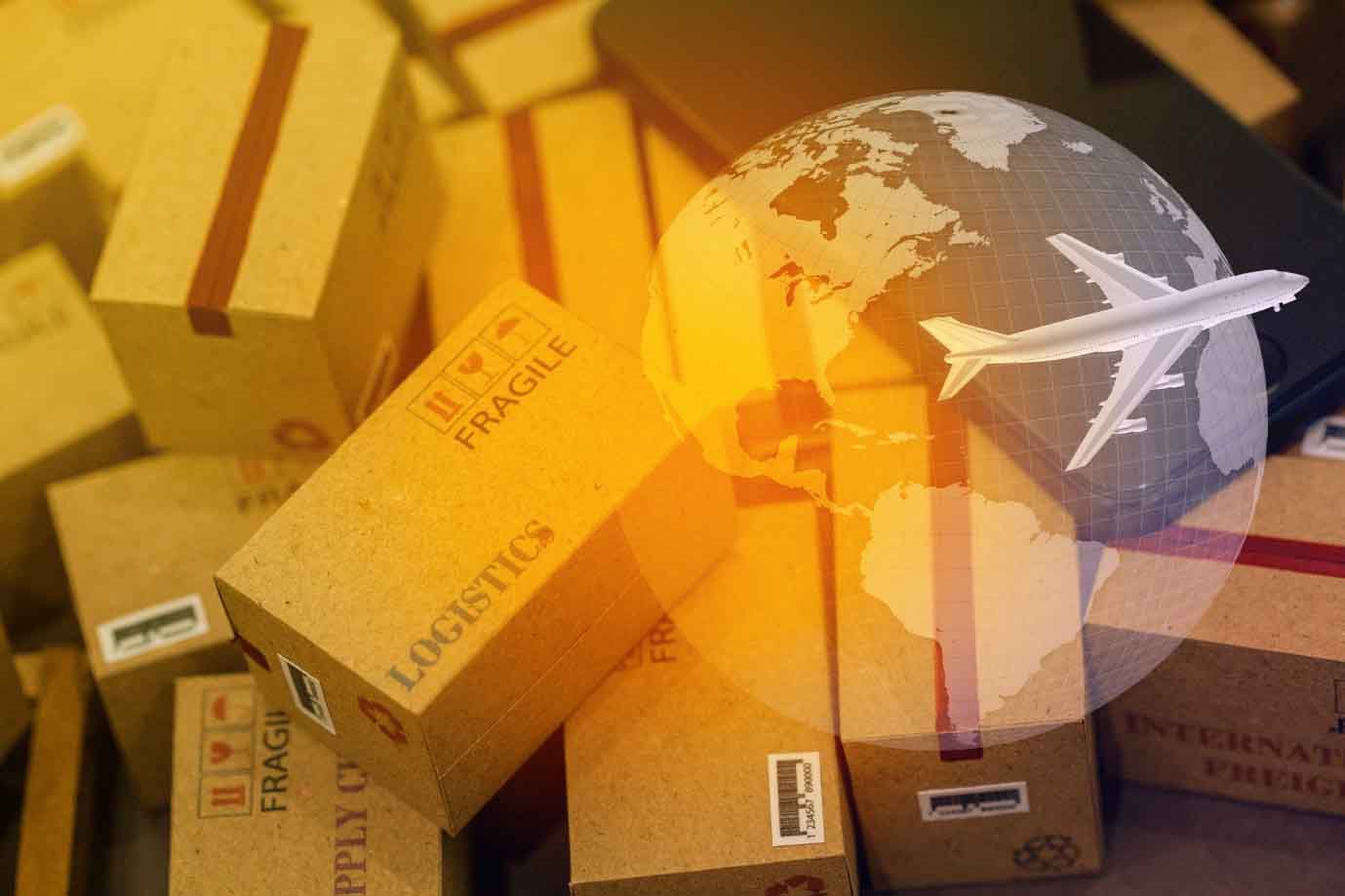Did you know that air cargo transports about $6 trillion worth of goods every year? This accounts for a staggering 35% of all world trade!
No doubt you’ve flown on passenger planes plenty of times. You’ve probably even seen huge cargo jets cruising down the runway at your local airport.
But how does air freight shipping work, exactly? And how does it fit into the bigger picture of the logistics industry? We’ll dive into those answers and more, so keep reading!
What Is Air Freight?
Air freight is the term for the goods and products that get transported on private charters of commercial airplanes. This is one part of the larger logistics industry that moves goods all over the world.
Often air freight moves large bulk quantities of goods or supplies across the country or through international shipping. Air cargo, however, isn’t just limited to inanimate objects. Air freight also includes the shipment of zoo animals, racehorses, live seafood, and even frozen sperm!
How Does Air Shipping Work?
Both domestic and international shipping processes are fairly straightforward. It begins when the freight companies arrange pickup for the items at a warehouse or storage facility.
Next, the items are moved to the airport, where they’re loaded onto the aircraft via a specialized device called a ULD container. These incredible devices are powerful enough to load vehicles, elephants, and other “oversized” items into the cargo hold.
The air cargo gets secured for the duration of the flight. Depending on the goods and the destination, the fright may travel in a commercial jet, a private charter, or a specialized cargo plane.
When the plane lands, the logistics company again arranges for pickup and delivery to its final destination. If the cargo has crossed into another country, the shipper must arrange to have it cleared through customs. This often involves more paperwork and higher costs than domestic air shipping.
How Are Air Freight Shipping Costs Calculated?
As you might expect, weight is the biggest factor in how much air freight shipping costs.
Air cargo companies calculate the chargeable weight in two different ways:
- Gross weight (freight + packaging + pallet)
- Volumetric weight (diving the cargo’s gross weight by dimensional weight factors)
Why would someone choose to ship goods via air, even if it costs considerably more?
The main advantage is the speed. In some cases, you can ship goods anywhere in the world on the same day. Shipping via a truck, train, or boat could take weeks or even months.
Air freight also allows easy access to virtually any destination on earth. The logistics industry is incredibly well-connected and can get anything anywhere in a very short amount of time.
Why Air Cargo Is the Way to Go
There are times when the slow boat to China is the logical or most economic choice. Sometimes, though, it just makes more sense to ship goods via air freight.
The next time you need to get something sent fast, be sure to choose the air freight shipping option! For additional background on outsourcing order fulfillment and freight forwarding, learn more about Red Stag services and facilities.
Now that you know more about this facet of the logistics industry, what’s next? Our site is full of interesting articles like this one, so stay right here and keep browsing!







































